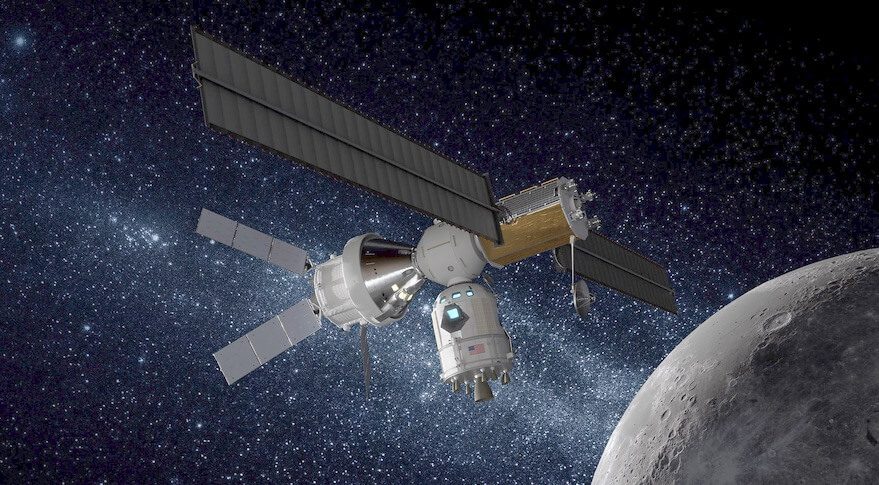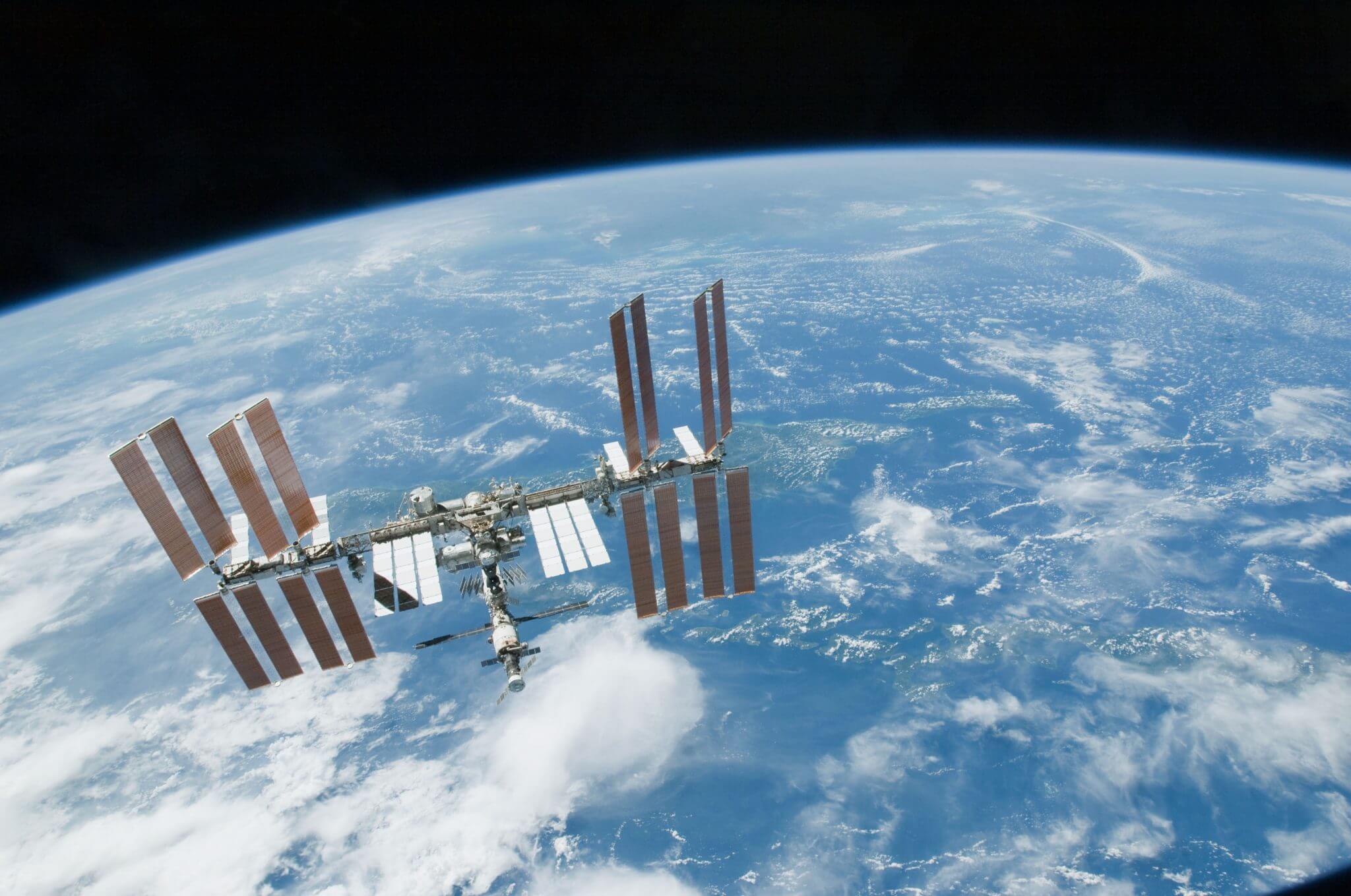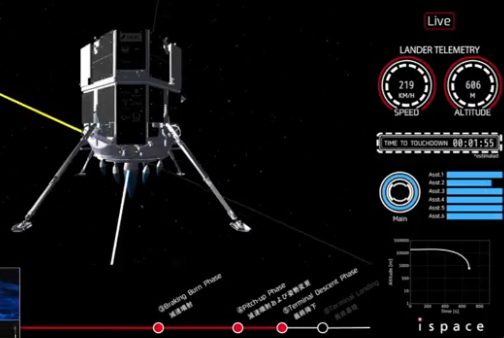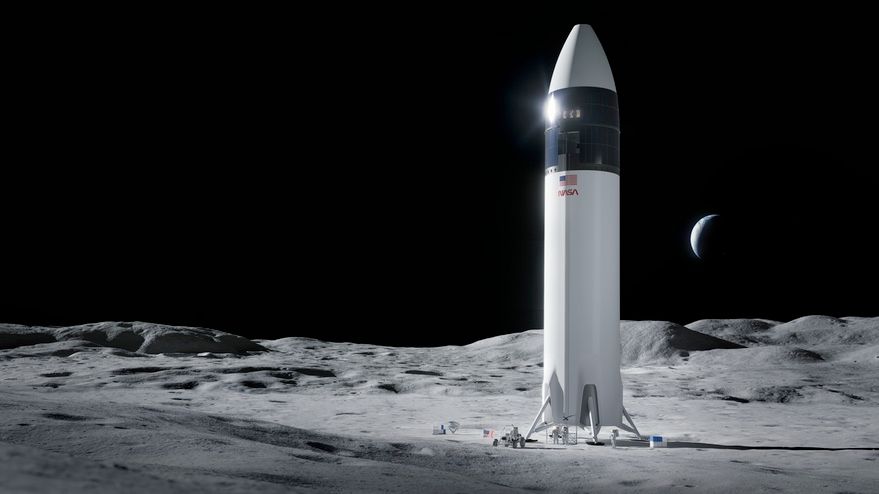Doug Loverro, new head of NASA’s human exploration directorate, has decided that the Gateway lunar space station concept, while good for longer-term operations, is not needed, and may actually slow initial human lunar landings currently planned for 2024. Thus, the Gateway has been taken off the “critical path” for the NASA Artemis lunar landing plan.
“By taking Gateway out of the critical path for a lunar landing in ’24, I believe what we have done is create a far better Gateway program out of it,” said Loverro in a presentation to the NASA Advisory Council’s science committee.
NASA still needs a lunar lander and has put out tenders for two designs to achieve its landing ambition. The original concept of docking separately launched ascent and descent stages at the Gateway has now been shelved. Nevertheless, this two-stage lander may still happen, or an all-in ascend/descent lander may be built, although the latter concept may have to wait until the more powerful SLS Block 1B rocket becomes available.
One other problem that NASA has is that the performance of the main Orion crew-transportation spacecraft (which would also be launched separately) is not good enough to get to and from low Lunar orbit, while also returning to the Earth, as it does not have sufficient propellant capacity. So, a transfer stage will still be needed.
While Gateway will not be part of the initial landing plan, Loverro still thinks that Gateway is needed for longer-term lunar operations.

Lockheed Martin’s suggestion for a cut down Lunar Gateway and lunar landing/ascent craft. Courtesy: Lockheed Martin
Update on 30 March 2020: While the lunar Gateway is now sidelined, that has not stopped NASA awarding a contract to SpaceX for cargo delivery missions to the Gateway using its Falcon Heavy/Dragon XL combination. These are expected to start in 2024.






